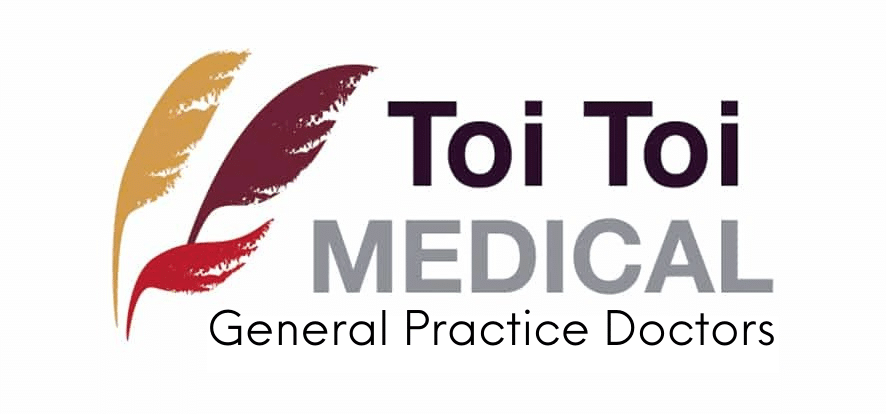Consults for enrolled children under 14 are free
Children are our priority – we will always find the time to see unwell children. Find out more about urgent appointments for children. To avoid urgent care – book ahead of time for anything of concern.
Child development and growth
Parents often wonder if their child is developing as fast as they should. It is important to remember that some children can achieve milestones earlier or later than the average, but still be within the normal range. We can help to check your child’s growth and development, as well as check in with you about a wide range of health issues that could include sleep, diet and exercise, dental care and your family situation.
Immunisations
If you are an enrolled patient, we will get in touch with you when it is time for your child to receive the immunisations listed in the NZ Ministry of Health Immunisation Schedule. For children aged 1-4 these vaccinations are given at age 12 months, 15 months, and 4 years old. We will advise you if you fit any criteria for a special group requiring additional vaccines.
Vaccines are a vital part of health care for children. We encourage you to undertake all the vaccinations in the schedule, to prevent potentially serious life-changing disease. If you have any questions or concerns around vaccines and vaccination – please talk with us. We find that awareness and education help people to feel more comfortable about the injections required. There is much misinformation in society regarding vaccines. We are an evidence-based practice and will always support the use of appropriate medication and treatment when the evidence indicates positive health outcomes.
Common health concerns in children
We can help with any health concern you have regarding your child. We will carefully take a medical history (with your help) and undertake an examination. If further tests and checkups are required, we will work with you to make sure you and your child know what to do.
There are many common health issues that affect children. We see asthma, colds, sore ears, sore throat, eye infections, food intolerances, hand foot and mouth disease, impetigo (school sores), head lice, warts and worms, upset tummies and fever.
Coughs in Children
Children with a cough is a very common reason for kids to come see us. Children with acute cough may have a viral upper respiratory tract infection (URTI) and cough will be one of several symptoms. While a viral cough is the most likely illness, we will always take time to carefully detect and diagnose anything that could be more serious. We will ask you for a history and undertake an examination. If any red flags are raised, we will always make sure children have further investigation or referral.
Fevers in Children
Fever in a child is always distressing for the child and causes concern for parents and caregivers. We will always undertake a careful search for the cause of any infection in a child with fever. As part of our training, we have clear procedures to follow depending on the risk features identified in the child. Fever may require immediate or urgent treatment. Or, depending on the findings and circumstances (medical history), we may recommend pediatric assessment at the hospital, we may call a pediatric specialist, make arrangements to review your child after a time period, and give instructions to you for any warning symptoms and how to respond.
Making medication use safe for children
When children are young, it is important that we check for safe use of medication. When you visit us with your child, we will confirm that the child’s weight is correct and current, check for drug allergies and adverse drug reactions, and enquire about any changes. We will ensure that you as parent or caregiver understand medicine administration information, especially when multiple medicines are prescribed. Each prescription we provide you is carefully checked before we sign it.
We would like parents to know the name, strength and dose of the medicine, understand the label instructions and know the correct dosing interval (how often to give the medicine). You must be able to accurately administer the dose using an oral syringe or other suitable measuring device (available from a pharmacy), rather than a household teaspoon that is less accurate and could lead to large dose variations.
Dispensing label instructions are misunderstood by many patients. We hope that you can gain reinforcement and further explanation of our doctor’s instructions from your pharmacist when you pick up your prescription.
